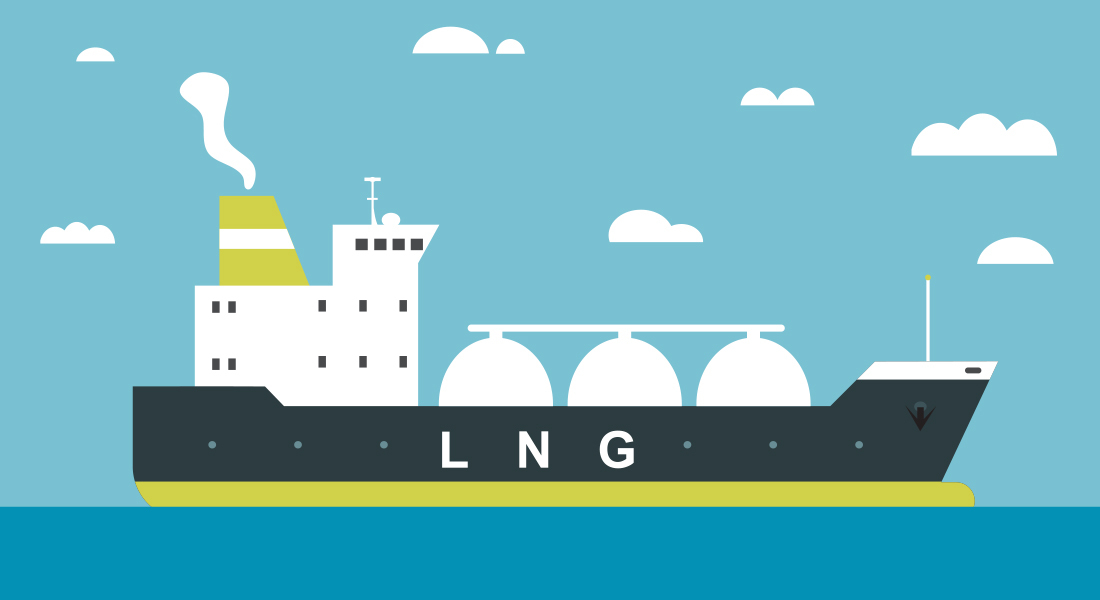![GettyImages-1534107499 (1) [Converted]](https://www.europesays.com/wp-content/uploads/2025/08/GettyImages-1534107499-1-Converted-716x391.jpg)
Europe’s transition to renewable energy “depends right now on natural gas”, according to Igor Makar, a member of management in Partners Group‘s European infrastructure team. Makar was speaking to New Private Markets following his firm’s agreement to exit LNG transport company CapeOmega, announced last week.
Partners Group acquired CapeOmega from HitecVision in 2019 in a deal that valued the Norwegian company at approximately €1.2 billion. During its hold period, PG refocused the business from an onshore energy infrastructure owner to an owner of a 10-strong fleet of fuel-efficient LNG carriers. To do this, CapeOmega partnered with shipping company Knutsen LNG to build and operate vessels with the capacity to each transport 174,000 cubic metres of the liquefied fuel.
“The LNG ships of CapeOmega deliver LNG globally. However, Europe is obviously a big factor in the global shift [towards a low carbon economy], and Europe is weaning itself off of coal. It is significantly increasing renewable energy, which is intermittent, and that intermittent renewable energy requires baseload power, which depends right now on natural gas,” Makar told NPM.
Partners Group is not alone in recognising that LNG is playing a key role in the energy transition. Speaking at PEI’s NEXUS event earlier this year Neil McMahon, managing partner of Kimmeridge, an energy-focused private equity firm investing in both “unconventional” US oil and gas assets and carbon removal projects, noted that LNG is “part of the energy transition, because these LNG cargos will go to Latin America, and they will be displacing coal”.
It is also an area favoured by the US administration: President Trump issued an executive order in January requiring the approval process for LNG export projects to be restarted “as expeditiously as possible”.
Explaining the decision to pivot the company to ship-based transportation, Makar said: “We saw, from a macro perspective, natural gas was shifting from a pipeline-delivered product to something that is delivered by ship.”
“There is an important focus on flexibility and security of supply. We’ve seen this come to a head in Europe. With a pipeline, you are dependent on one supplier. As long as that relationship works well, everything is great. If it falls apart, it causes a problem because there are no alternatives. With LNG there are numerous suppliers and that system keeps everyone honest,” he added.
Exit process
CapeOmega is now set to be acquired to by Ocean Yield AS — a shipping company purchased by KKR‘s infra business in 2021 — and other vehicles managed by KKR. The transaction is expected to close in Q3. Makar declined to provide financial details.
While the pool of potential buyers was “quite large”, Makar noted that such an asset may not be a natural fit for all infra investors.
“In order to own and value LNG vessels, you ultimately need to understand that gas and LNG are part of the energy transition. You need to understand that infrastructure is not necessarily just something that is bolted into the ground,” he said.
